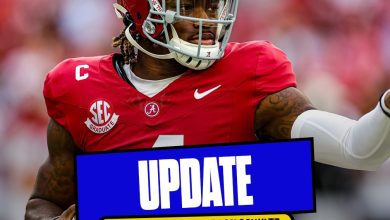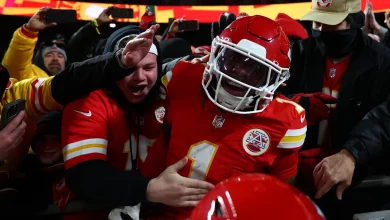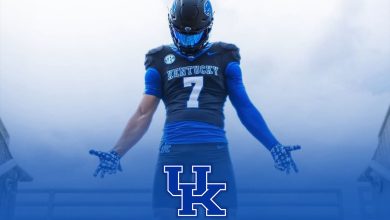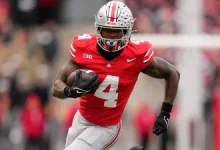Kirby Smart’s NIL comments at Georgia after Jackson Cantwell’s pledge to Miami draws reaction.
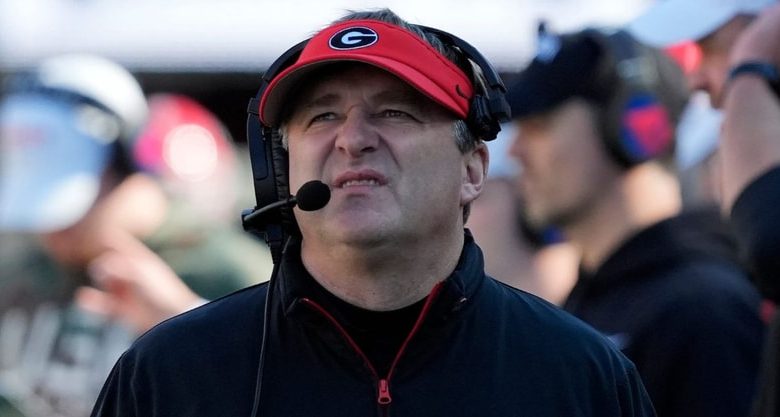
In a significant development in college football recruiting, five-star offensive tackle Jackson Cantwell, the No. 1 overall prospect in the 2026 class, has committed to the University of Miami, flipping from his previous commitment to the University of Georgia. This decision has sparked a wide range of reactions, particularly concerning the role of Name, Image, and Likeness (NIL) deals in the recruitment process.
Jackson Cantwell, a 6-foot-7.5, 305-pound offensive lineman from Nixa, Missouri, had been a highly sought-after recruit, with numerous top programs vying for his commitment. His initial commitment to Georgia was seen as a significant win for head coach Kirby Smart, known for his ability to develop elite offensive linemen. However, in a surprising turn, Cantwell announced his decision to decommit from Georgia and commit to Miami. Reports indicate that Miami’s substantial NIL offer played a pivotal role in his decision.
In the wake of Cantwell’s commitment to Miami, Kirby Smart has reiterated his position on NIL deals in college football recruiting. Smart has expressed that while he supports players’ rights to earn money through NIL, he believes that financial incentives should not be the primary factor in a recruit’s decision-making process. He has emphasized the importance of recruits choosing programs based on fit, development opportunities, and personal growth rather than solely on financial considerations.
Smart’s comments have sparked a broader conversation about the impact of NIL on college football recruiting. Some argue that NIL deals have introduced a new dynamic, where financial incentives can influence recruits’ decisions, potentially overshadowing traditional factors like coaching staff, program history, and player development. Others contend that NIL provides players with opportunities to capitalize on their marketability, which can be a significant factor in their college decision-making process.
The college football community has had varied reactions to Cantwell’s commitment to Miami and the role of NIL in his decision. Some have criticized the increasing influence of NIL deals, suggesting that they may lead to a more transactional approach to recruitment, where players prioritize financial gain over other considerations. Others have defended the practice, arguing that NIL provides players with the opportunity to benefit financially from their talents and hard work.
In particular, some have accused Georgia of leaking information about Cantwell’s NIL offer from Miami to the media, suggesting that this was a strategic move to portray Cantwell’s decision as financially motivated. These allegations have added another layer of complexity to the ongoing debate over the role of NIL in college football recruiting.
The situation surrounding Jackson Cantwell’s commitment to Miami underscores the growing influence of NIL deals in college football recruiting. As NIL continues to evolve, it is likely that its impact on recruitment will become more pronounced, potentially leading to changes in how programs approach recruiting and how recruits evaluate potential programs.
For now, Kirby Smart remains steadfast in his belief that while NIL is a part of the modern recruiting landscape, it should not overshadow the fundamental aspects of college football recruitment, such as player development, program fit, and personal growth. Whether this philosophy will continue to resonate with future recruits remains to be seen as the dynamics of college football recruiting continue to shift in the era of NIL.




